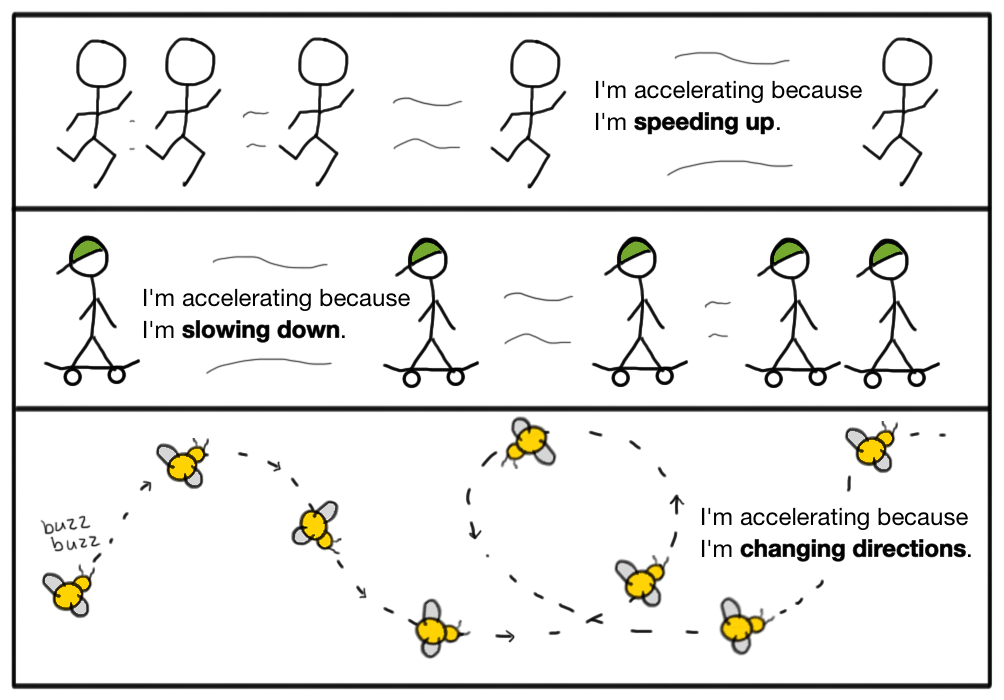When discussing automobiles and their performance, the term sluggish acceleration often comes up. This phrase can be quite perplexing for many, especially those who are not well-versed in automotive terminology; In this article, we will break down what sluggish acceleration means, its implications, and what factors can contribute to this phenomenon.
What is Acceleration?
Before we delve into sluggish acceleration, it’s essential to understand what acceleration means. In simple terms, acceleration refers to the rate at which a vehicle increases its speed. It’s a fundamental aspect of vehicle performance, impacting how quickly you can go from a standstill to a desired speed.
Defining Sluggish Acceleration
Sluggish acceleration refers to a situation where a vehicle takes longer than expected to increase its speed. This can result in a feeling of lethargy, making the car seem unresponsive or slow when the driver presses the gas pedal. Instead of a quick burst of speed, the car may respond sluggishly, which can be frustrating for drivers.
Causes of Sluggish Acceleration
Several factors can contribute to sluggish acceleration in a vehicle. Here are some of the most common reasons:
- Engine Problems: Issues with the engine, such as a lack of power, can lead to sluggish performance. This might be due to problems with the fuel system, ignition system, or engine timing.
- Transmission Issues: If the transmission is not functioning properly, it can prevent the engine from delivering power effectively to the wheels, causing sluggish acceleration.
- Weight Load: Carrying too much weight can affect how quickly a vehicle can accelerate. This is especially true for smaller cars.
- Tire Conditions: Under-inflated or damaged tires can increase rolling resistance, making it harder for the vehicle to speed up.
- Fuel Quality: Poor-quality fuel can lead to inefficient combustion in the engine, affecting overall performance and acceleration.
- Clogged Filters: Dirty air or fuel filters can restrict airflow and fuel supply, leading to sluggish responses when accelerating.
How to Diagnose Sluggish Acceleration
If you notice sluggish acceleration in your vehicle, it’s crucial to diagnose the issue properly. Here are some steps you can take:
- Check Engine Light: Look for any dashboard warning lights, particularly the check engine light. If it’s illuminated, a diagnostic scan can provide insight into potential issues.
- Inspect Fluid Levels: Ensure that engine oil, transmission fluid, and coolant levels are adequate, as low fluid levels can cause performance issues.
- Examine Filters: Check the air and fuel filters for clogs and replace them if necessary.
- Tire Inspection: Ensure tires are properly inflated and in good condition.
- Test Drive: Take the vehicle for a test drive to replicate the sluggish acceleration and observe under what conditions it occurs.
When to Seek Professional Help
If after basic diagnostics you cannot identify the cause of sluggish acceleration, it’s advisable to seek help from a professional mechanic. They have the tools and expertise to perform more in-depth diagnostics and repairs.
Preventing Sluggish Acceleration
To prevent sluggish acceleration, regular maintenance is key. Here are some tips:
- Schedule regular oil changes and tune-ups.
- Keep tires properly inflated and rotated.
- Use high-quality fuel and replace the fuel filter as needed.
- Pay attention to warning lights and address issues promptly.
By keeping an eye on your vehicle’s performance and knowing what to look for, you can enjoy smoother acceleration and overall better performance on the road.

